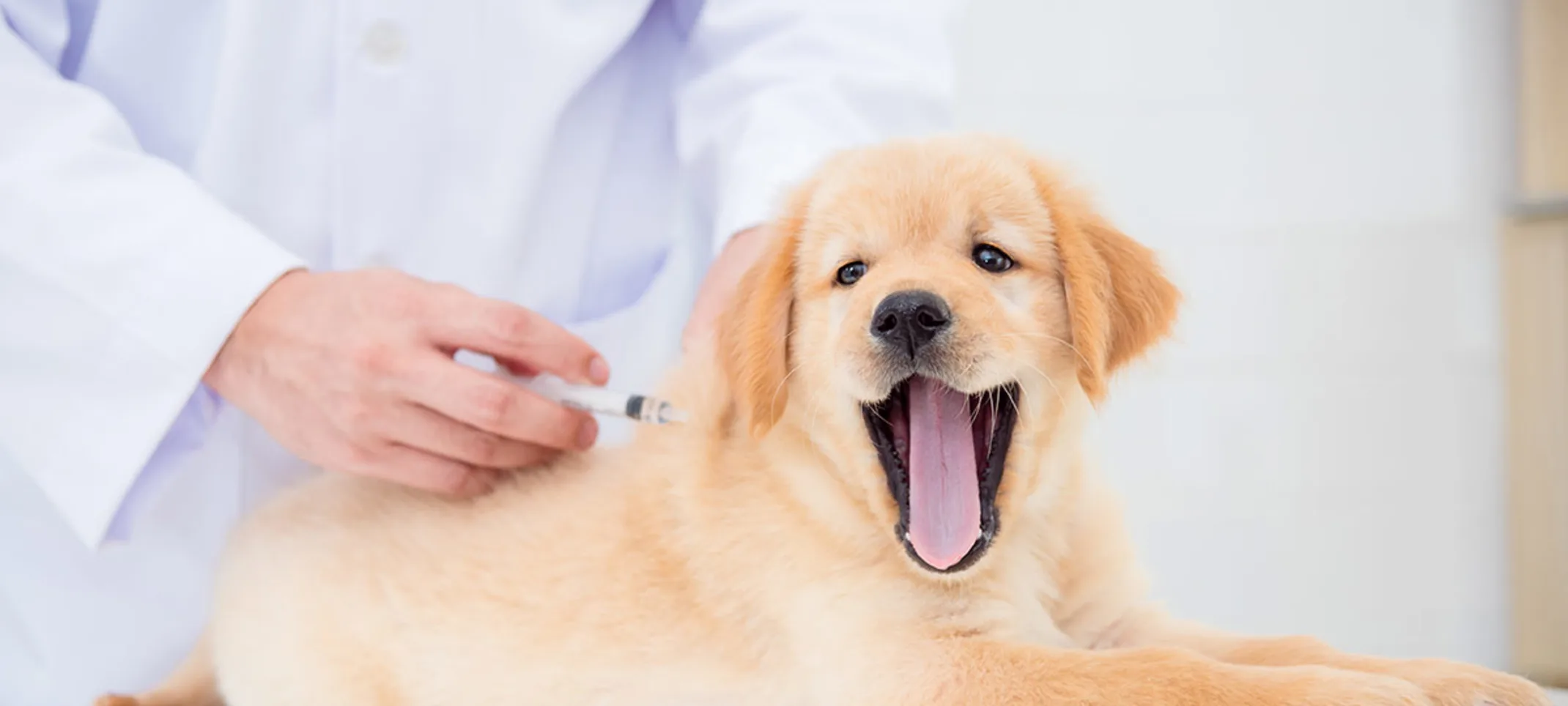Beechmont Pet Hospital
Vaccinations
Preventative care is an important aspect in maintaining your pet’s health. Proper vaccination is vital in protecting them against harmful diseases.

Vaccinations are a lot like insurance: you don’t know you need them until you do. Anyone who lost a dog to the deadly Parvo outbreak of the early 80’s, before a vaccine was available, knows the value of this inexpensive form of prevention. The same can be said of people who lost a cat to Feline Leukemia or Panleukopenia. Don’t be lulled into a false sense of security, based on the amazing success our vaccination protocols have had over the years in preventing many serious diseases in our pets- diseases you hardly hear about anymore, but are still out there, waiting for an opportunity to strike. We will only recommend vaccines your pet really needs, based on its lifestyle and current scientific data.
Overview
We believe that preventative care is one of the most important aspects of maintaining your pet’s health. There are a variety of diseases that affect animals, so proper vaccination of your pet is vital in protecting them from the many types of illnesses to which they are susceptible to.
Why are vaccinations important?
Vaccinations are vital to the health and protection of your pet, and serve as a preventive measure in combating viral diseases like Parvovirus, Parainfluenza virus, Distemper, Lyme Disease, Panleukopenia, Feline Leukemia Virus, and Rabies.
When should my pet get vaccinated?
Vaccinations are particularly important for puppies, kittens, and other young animals that have immature immune systems. Veterinary vaccinations generally begin at 6-8 weeks of age and then boostered throughout your pet’s life depending on the vaccine. Our doctors will determine the appropriate vaccination plan for your pet.
How are vaccines administered?
Vaccines help to combat diseases by exposing the pet's immune system to inactive or small amounts of a particular form of bacteria or virus. Vaccines are administered through a subcutaneous injection (under the skin), orally, or intra-nasally, depending on the vaccine.
Vaccinations are accompanied by a consultation and examination with our veterinarians to make certain that your pet's condition is stable enough to receive them. Proper and timely administration is necessary to ensure optimal protection.
